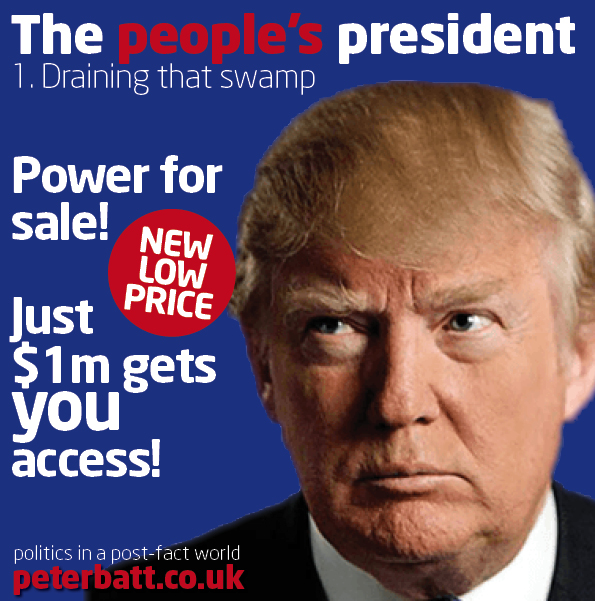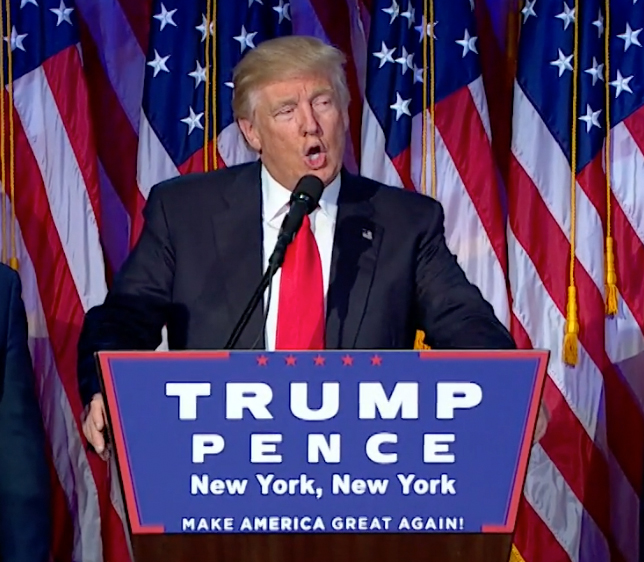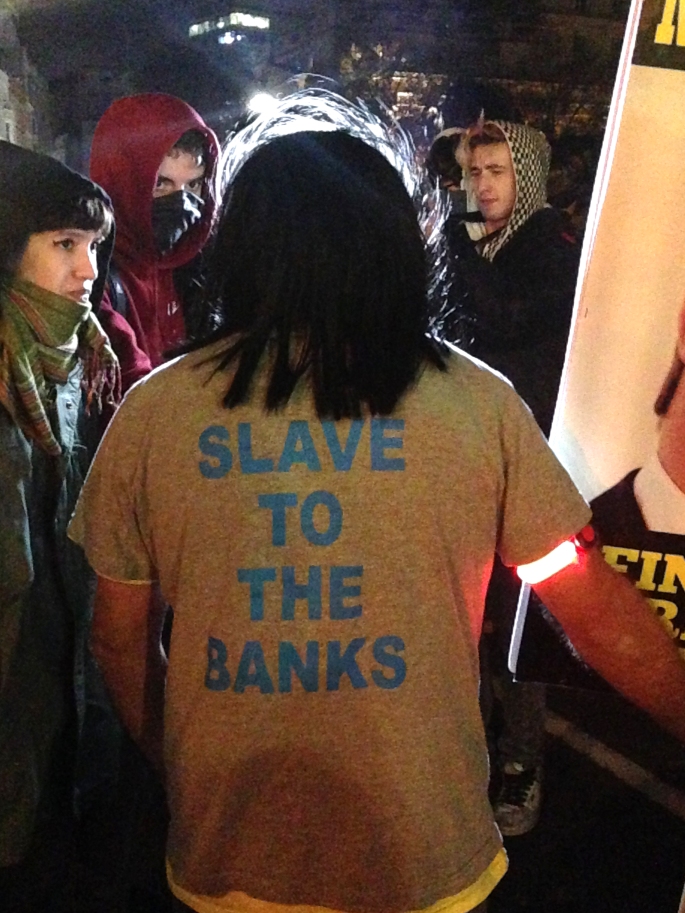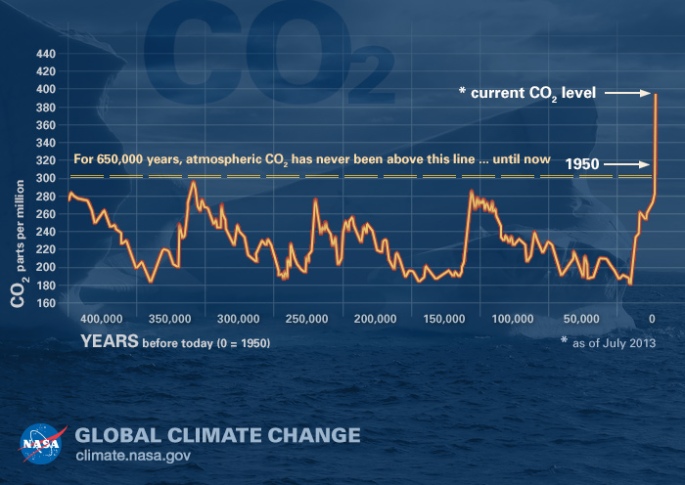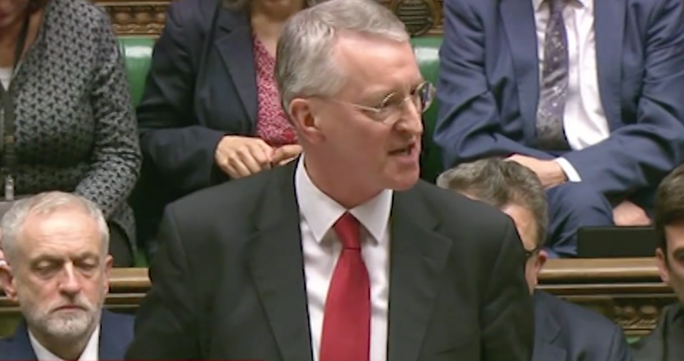So, with Donald Trump just eight days away from his inauguration, what are your impressions about the American president-elect and his likely effect on us?
For me, it’s the emerging thought that we’re all going to die – and, possibly, fairly soon. But, looking to the positives, as I always do, we should at least have some laughs on the way.
Watching his first press conference as president-elect yesterday afternoon confirmed, for me at least, the sheer enormity of what the American people have done. God, they must have been angry! Though, given the choice they had, I don’t blame them.
But now we all have to live with that choice and the omens, frankly, don’t look good.
It’s not just that he’s politically inexperienced and is therefore more vulnerable to manipulation by the likes of Vladimir Putin, as well as the assortment of multi-billionaires, fossil-fuel magnates and right-wing ideologues within his own cabinet.
It’s not even that he appears to have little vision or strategy beyond that of deal-maker and the vagaries of Making America Great Again – whatever that eventually means.
It’s that he’s simply not temperamentally equipped for the task ahead. And without the temperamental qualities, he’s unlikely to learn the lessons and grow into the job, or earn the respect to keep the whole shebang going – assuming he’s not impeached or assassinated along the way.
As the press conference illustrated all too clearly, he seems to see his new wonderland as being all about him. To be fair, the event itself was stupendous entertainment; chaotic, meandering and, in places, unintentionally funny. (Displaying all those piles of business documents – what was that all about?).
So it started with him telling us that he has actually been doing something useful: working to bring jobs back to America. Be he had the manner of a child seeking adoration to ensure he received his daily allowance of sweets.
And then, as he turned to the dossier about his links with and activities in Russia, his worst trait came to the fore: everything is a personal vendetta or love affair for him.
If you’re nice to him, then you’re a great guy. But if you do anything he doesn’t like – which might include simply doing your job – then you’re the scum of the Earth and you deserve to rot in hell.
And so it was with the serried ranks of journalists seated before him – “some of whom haven’t treated me very well over the years,” said The Boy Donald, before thanking a number for not publishing or reporting on the dossier compiled by former M16 spook Christopher Steele.
Now, not reporting on the matter is an editorial decision that seeks to judge whether revealing material about your president is in the public interest, as opposed to just being of interest to the public.
Buzzfeed, CNN and others decided to publish because not only had Barack Obama and the top Congressional leaders been briefed on its contents by the CIA, but Republican John McCain thought it so serious that he passed the dossier to the FBI.
Trump roundly condemned those media outlets, and even refused to take a question from CNN’s reporter Jim Acosta because his “news organisations is terrible”, before adding: “You are fake news.”
Trump, the most thin-skinned of men, put his own personal interests before those of his public. Even Fox News presenter Shephard Smith defended Acosta and CNN’s coverage as reflecting due “journalistic standards”.
So here we are. After Barack Obama’s scandal-free eight years in the White House, Trump’s belligerence and disregard for rules was always going to come as a shock. But though his public persona has always suggested otherwise, the extent to which he is unable to de-escalate a ‘personal vendetta’ does come as a surprise. He’s a control freak; he just cannot let anything go.
Consequently, though his economic agenda, such as it is, could prove a welcome change, he has surely made too many enemies within his own country to implement them effectively – if that agenda isn’t already being hijacked by his Republican colleagues.
He has a historically-low approval rating for a president-elect and has publicly attacked members of the judiciary, the CIA and much of the media, as well as the Carrier workers union leader Chuck Jones and the cast of Hamilton. In addition, Mexicans, Hispanics, the Chinese, people with disabilities, women and climate scientists – in fact, anyone he disagrees with – are legitimate targets.
And if Steele’s dossier is accurate, then this whole affair shows how Trump’s opportunistic approach and lack of experience makes him vulnerable to manipulation. Whether it was accurate or not, Putin will, no doubt, change tack and rely on plausible deniability, happy in the knowledge that he’ll reach a deal with Trump & Co on a number of matters, such as sanctions and Arctic oil.
China, however, could easily be a much more challenging adversary – as could his own voters if he doesn’t deliver on his promise of jobs and a better standard of living.
Ultimately, Trump’s personality faces a stern test. He needs to develop more than the two modes – unctuous to the goodies and vindictive towards the baddies – that we’ve seen to date. But it seems unlikely.
In his current state, he reminds me of a modern, male equivalent of the Queen of Hearts, from Alice in Wonderland. And no one in their right mind would give her access to all those nuclear buttons.

